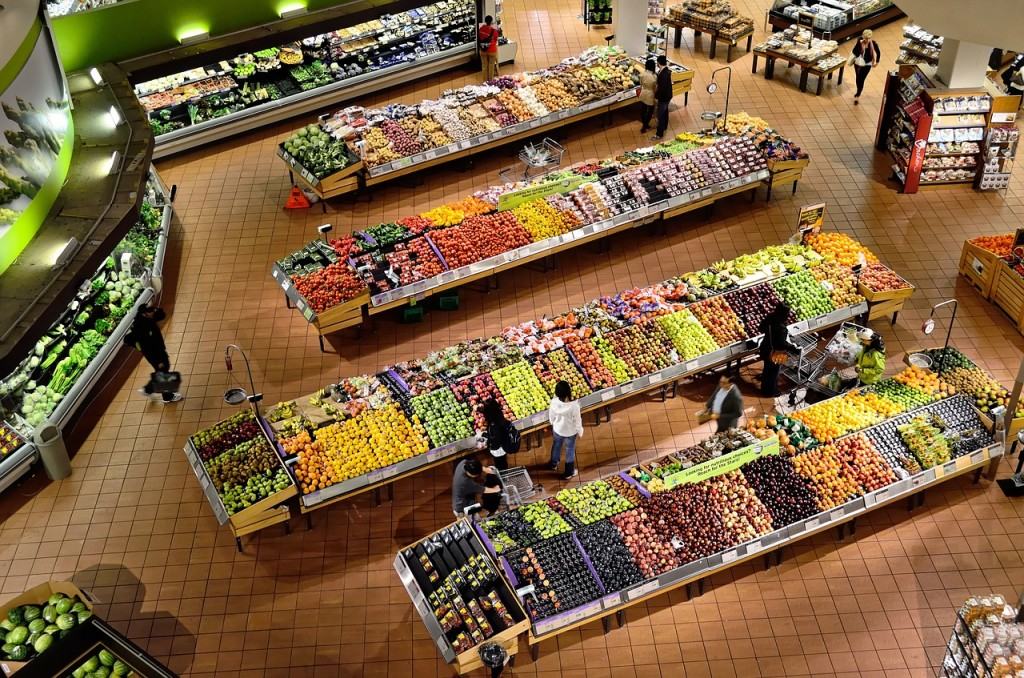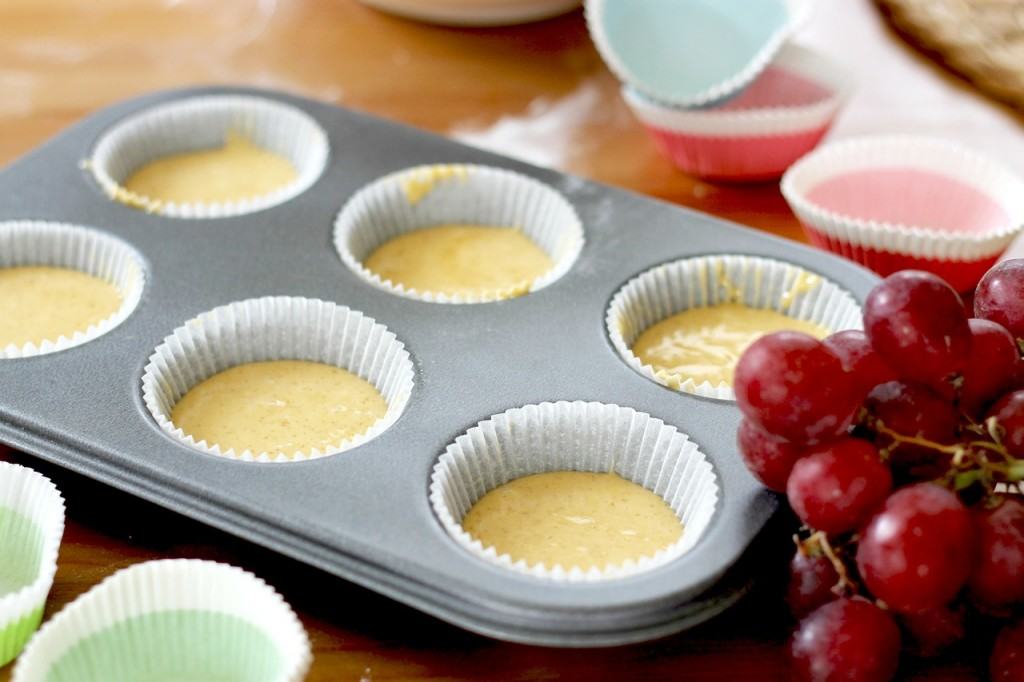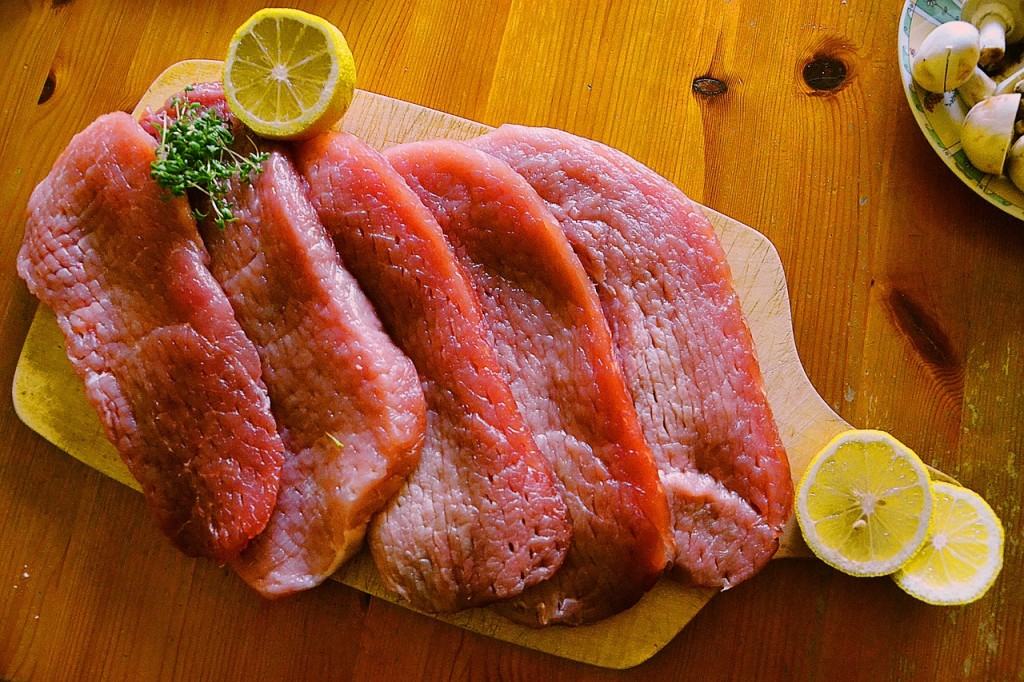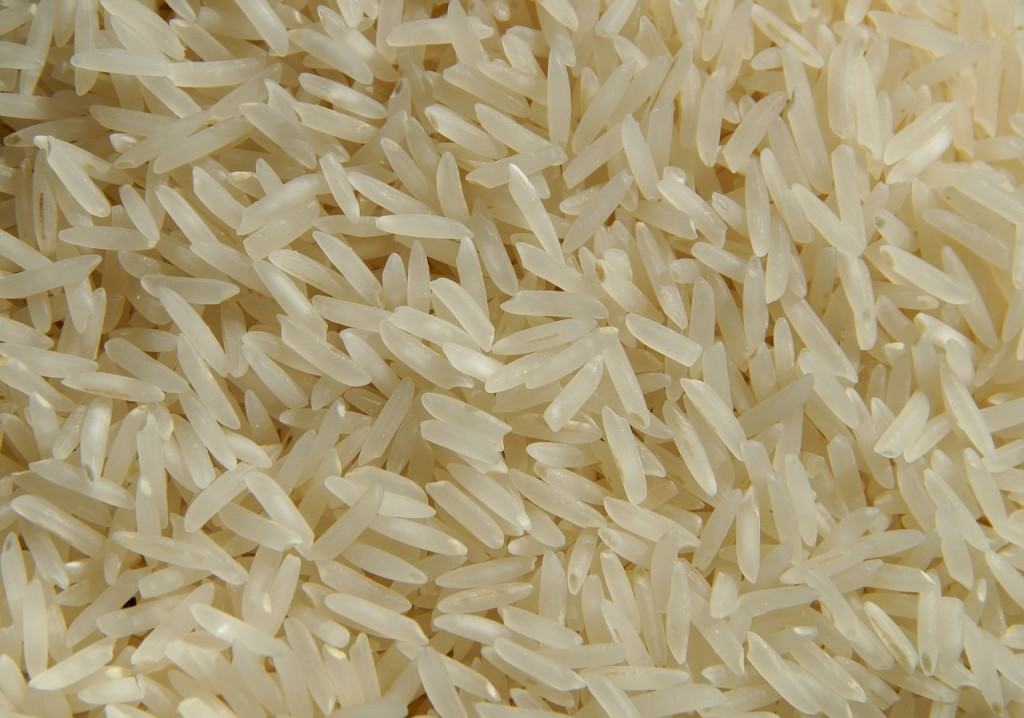9 Meal Prep Tips for Optimal Cooking
Ever started a diet only to fail after a couple of days because you didn’t have time to cook? Been there done that!
After years of trying to cope with meal prep and reading countless articles and threads on forums, I decided to write down the most underrated but yet valuable tips regarding meal prep.
Are you ready for it?
First, let’s see the benefits of meal prepping.
Why Meal Prep?
Well, it should be quite obvious, but we need to address those people that don’t like their food cooked the day before or even earlier than that.
I get you, I totally agree with you. Yet when I have to compare time and taste, I tend to choose time. Taste I can get whenever I want. Time, I don’t think so.
But that’s not even the greatest advantage. Helping you stick to your diet plan is. When you have food on the fridge, you reduce the chances of eating anything else. It’s easier for you to eat that instead of cooking something else, that might be bad, or ordering take out.
As we have already talked about it in the previous article, you need to stick to your diet if you want to see results. That’s the benefit of meal prep. You plan for success instead of putting your money on pure luck.
But before the actual tips, let’s fix our mindset on how we should plan and prepare for our cooking extravaganza.
Meal prep and cooking in bulk
I have realised that if you want to be time efficient you need to make a schedule for everything. Therefore, I suggest appointing time for both buying stuff and cooking.
Let’s start with buying.
First you need to have the plan, then make a list of all the ingredients you need. Easy right?
Then go the grocery store, butcher’s shop and buy JUST that stuff, nothing else. You shouldn’t go the supermarket without a list. It wastes both your money and your time.

My personal preference is I have a list of stuff that I regularly buy and I would rarely change that, to include for seasonal vegetables and nothing more. I take out my phone, check out the list and buy if something is missing from the fridge.
Cooking is next.
If you have never cooked, don’t even bother with meal prep. You are setting out for a disaster.
Start by learning the basics, how to chop stuff, how to boil water and how your oven is working. You need to know at least that if you want to cook properly and according to your preferences. How much salt, how cooked the meat should be, etc.
Assuming you know all that, gather everything you need before hand. Put everything in the table and arrange your time schedule.
Example 1. You need to chop vegetables, boil water for rice or potatoes and grill some beef. The order should be like this
- Start boiling water
- Put beef in the oven
- Chop vegetables
- Put rice in the boiling water
- Continue chopping
You should do things that take time in the beginning so you can deal with items that need your attention after, like chopping stuff or frying.
I try to cook once or twice per week. In order to have meals as fresh as possible, taking into account the time I need to spend on cooking.
Food containers
Buy enough food containers beforehand. Prepping for 4-5 days with 3 meals each, equals to 12-15 containers. Not to mention that you will not wash them right after you use them, therefore you need spare containers. Go for at least 20. there are some nice bundles in Amazon.
Another way to store food is plastic storage bags. Although I don’t like plastic, they can be very useful as they take much less space. Choose according to your preference but have enough containers before you start cooking.
Now let’s start with the tips.
Tip #1: Egg omelettes in muffin pans

This is all over the internet. One of the greatest hacks for meal prep, I came across.
Hate cooking every day your omelette? Or that you need to be on top of the frying pan for 20mins while your omelette gets cooked?
Great. With this tip, you kill two birds with one stone.
First of all, you can cook more than one omelette this way and second, you can put them in the oven and do something else while they are being cooked.
Get a couple of muffin pans and put some oil on them, then pour your egg mix in each cap. Remember not to put too much mix in each cap, as eggs get volume when they are cooked.
Tip #2: Use coconut oil for cooking
Coconut oil got very popular because it contains a high percentage of MCTs (medium chain triglycerides). MCT fat’s greatest benefit is that it can be easily metabolised for energy, just like fast carbs, compared to the most common long-chain triglycerides. Also, there are studies which suggest that MCTs enhance the thermic effect of food.
Our cooking benefit though is that it is highly resistant to oxidation and it qualifies as the perfect choice for most mid-temperature cooking. Avocado oil is even better for higher temperatures as it has an even higher smoke point of 271 °C (420 °F).
Still coconut oil makes wonders compared to other cooking oils. Try it out and check if your pans need that much cleaning afterwards.
Maybe you can check out coconut oil when you try baking those eggs in the muffin pan.
Tip #3: Glass food containers
Well, the benefit here is that you have a much more healthy choice of food containers.
Plastic containers, even BPA-free ones, are prone to leach traces of plastic in our food. Yikes!
Now combine that with adding hot food in a plastic container, straight from the oven. You get triple the plastic traces in your food.
I am a little bit disgusted right now, to discuss it even further.
Buy some glass containers and use them for your meal prep.
Tip #4: Use the same size containers

I have noticed that most people are buying the bundles of food containers that have like 4 or 5 types of sizes.
Well, you may need some variety as a regular person lets say, which you aren’t (LOL), but that doesn’t help when you are meal prepping for a week. You are going for almost same size portions with your meals and this calls for same size containers.
Another thing I like about same size containers is that they make storing and using them, easy. They all have the same lids so you don’t risk spending a lot of time to find a lost lid for a specific container. Also, they stack better in the cabinets if they are all the same.
Tip #5: Wrap meat in portion food bags when stored in the freezer
I have seen many times that people store meat in large packages in the freezer. Meaning that when you defrost it, you have to eat this kind of meat for 3 straight days.
What if I stored it in smaller proportions?
First of all, it gets thawed much faster, but there is more. When it’s stored in small proportions, even when still slightly frozen, you can start cooking it. I don’t propose to cook frozen food, but it helps when in a hurry.
So you reduce time to cook, which reduces the chances of eating something else.
Bingo! One more reason to stay on track with the plan.
Tip #6: Have some “take out” replacement meals
I think this is a must when you plan on dieting for some weeks. There will be times that you will run out of meals or you will not have time to cook.
If you have a healthy option, it makes everything much easier. It gives you less stress.
This can apply to restaurants as well. You can find 1 or 2 restaurants that have a very “clean” dish that you can have and still be on track with your diet plan.
Tip #7: Slightly undercook meat

When meat has a little more moisture, I have found that it preserves better.
Whenever you have to reheat it, it gets a little cooked. So don’t worry. Trust me it will taste much better.
When a “well done” steak gets reheated, it tastes like rubber. You can’t even chew that stuff.
Tip #8: Boil water with an electric kettle instead of a pot
I think I have mentioned time-saving as the most valuable thing in a meal prep.
Electric kettles are much faster at boiling water and also you don’t lose that much water when boiling.
Not to mention that you don’t have to be on top of it until it boils.
My cooking routine always starts with boiling water in the kettle while I prepare other stuff. Then I pour the boiling water in the pot and finally throw in the rice or potatoes.
Tip #9: Use a rice cooker

Rice cookers are a very cheap investment for their value. First of all, it’s automatic. You set it and forget it. You only need to get back to it, when it’s done.
The thing I love though about rice cookers is that you always get the same perfect rice texture. Not very sticky, not undercooked either.
You can have a similar result with rice bags. You have to be sensitive with the time but it is much better than having to pass the rice through a steel strainer. It can get a little messy.
Well, these are the tips I use in my weekly meal preparation. Or not?
Do I have some extras that only those that read the whole article will see? You guessed right!
Extras
Extra Tip #1: Freeze foods properly.
This is mandatory for proper thawing of food. I stumbled across a great article about freezing food recently that I totally suggest you read. The two main takeaways are to freeze with as less air as possible in the food bag and with not too much moisture. This way, you let foods freeze in a much better condition. You will get the rewards when you thaw those foods.
Extra Tip #2: Salads and dressings in different containers
This way, salads stay always fresh and you get the perfect taste when you mix it with the dressing, just in time.
So these were our tips for your weekly meal preparation.
Do you have any tips that you would like to share? Please lets us know in the comments below because we want to know more of your way of cooking.
